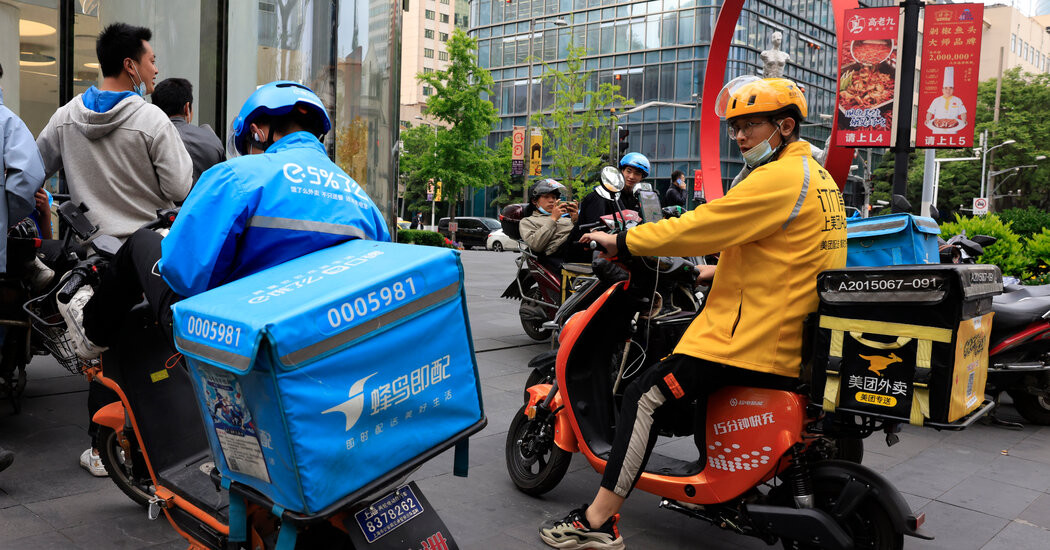

Confronted with tariffs and scrutiny in the United States and Europe, Chinese consumer brands are betting that they can become household names in Latin America’s biggest economy.
Chinese companies urgently need to find new markets. Competition is intense at home, where the collapse of the real estate market has left consumers reluctant to spend. And escalating trade tensions have made it more difficult and costly to sell things in the United States and Europe, long two of the largest destinations for Chinese exports.
As a result, some of China’s biggest internet and e-commerce brands have set their sights on establishing themselves as household names in other parts of the world, like Southeast Asia, the Middle East and South America.
Brazil has emerged as the most coveted prize. Latin America’s largest economy, with a population of more than 200 million people, is a beacon for China’s delivery and ride-hailing companies looking to export their ruthlessly low-cost business models. Chinese e-commerce giants also see promise in Brazil as they seek new buyers for a flood of products after tariffs and other restrictions in the United States shut off their biggest export market.
Meituan, China’s largest food delivery company, said in May that it would spend $1 billion to set up operations in Brazil. Mixue, the Chinese tea and dessert company that has eclipsed McDonald’s as the world’s biggest fast food chain, said it would hire thousands there. TikTok Shop, facing scrutiny in the United States and Britain about its Chinese parent company, launched in Brazil in May.
“Chinese companies are finding it harder to grow domestically,” said Vey-Sern Ling, an equities adviser in Singapore at the private bank Union Bancaire Privée. “Exports and overseas expansion is one way to support continued growth.”



